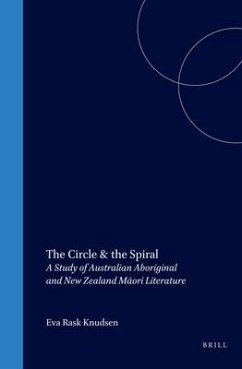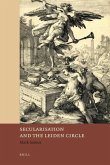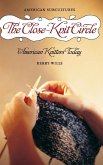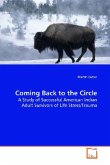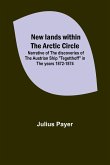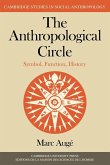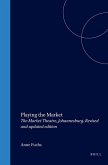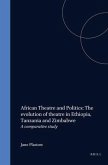In Aboriginal and Māori literature, the circle and the spiral are the symbolic metaphors for a never-ending journey of discovery and rediscovery. The journey itself, with its indigenous perspectives and sense of orientation, is the most significant act of cultural recuperation. The present study outlines the fields of indigenous writing in Australia and New Zealand in the crucial period between the mid-1980s and the early 1990s - particularly eventful years in which postcolonial theory attempted to 'centre the margins' and indigenous writers were keen to escape the particular centering offered in search of other positions more in tune with their creative sensibilities. Indigenous writing relinquished its narrative preference for social realism in favour of traversing old territory in new spiritual ways; roots converted into routes. Standard postcolonial readings of indigenous texts often overwrite the 'difference' they seek to locate because critical orthodoxy predetermines what 'difference' can be. Critical evaluations still tend to eclipse the ontological grounds of Aboriginal and Māori traditions and specific ways of moving through and behaving in cultural landscapes and social contexts. Hence the corrective applied in Circles and Spirals - to look for locally and culturally specific tracks and traces that lead in other directions than those catalogued by postcolonial convention. This agenda is pursued by means of searching enquiries into the historical, anthropological, political and cultural determinants of the present state of Aboriginal and Māori writing (principally fiction). Independent yet interrelated exemplary analyses of works by Keri Hulme and Patricia Grace and Mudrooroo and Sam Watson (Australia) provided the 'thick description' that illuminates the author's central theses, with comparative side-glances at Witi Ihimaera, Heretaunga Pat Baker and Alan Duff (New Zealand) and Archie Weller and Sally Morgan (Australia).
Hinweis: Dieser Artikel kann nur an eine deutsche Lieferadresse ausgeliefert werden.
Hinweis: Dieser Artikel kann nur an eine deutsche Lieferadresse ausgeliefert werden.

